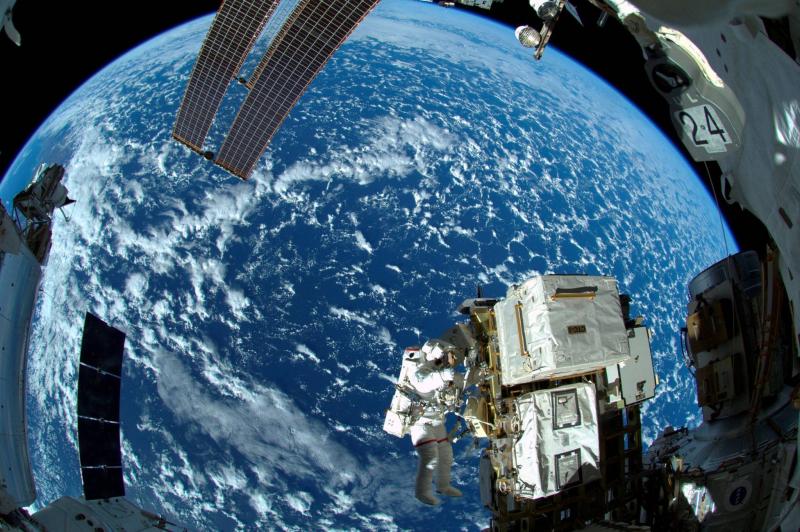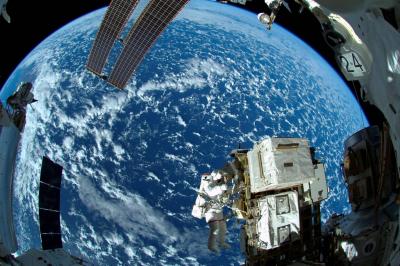The "Rostec" corporation announced today, Saturday, that it has developed new equipment for the Bion-M2 satellite, which Russia will use for biological experiments in space. A statement from the corporation said: "Ruselectronics, a company under our organization, has developed the Telescience unit that will be installed in the second Russian Bion-M satellite. The equipment in this unit will allow monitoring the behavior of living organisms that will be aboard the satellite in space."
The statement noted that the Telescience unit will be equipped with 25 digital cameras, which will be used to monitor the laboratory organisms present in the small laboratory on the satellite, as well as to observe the satellite's equipment to facilitate control processes. Each camera will be capable of documenting 30 frames per second with a resolution of 960x960 pixels.
Regarding the matter, the Director of the Television Technologies Institute of Ruselectronics, Alexey Nikitin, said: "The Bion-M2 satellite will serve as a unique base to test technologies that will be used in future interplanetary flights."
The Russian space agency "Roscosmos" had previously indicated that it is working on a project to launch the Bion-M2 satellite into space in 2024, aiming to send laboratory mice, fruit flies, and some types of bacteria, fungi, and cellular tissues into space to study the effects of weightlessness and cosmic radiation on these organisms. "Roscosmos" noted that "the satellite will operate for about a month in space in an orbit 400 km above the Earth's surface, which will help study some space equipment that Russia will use in the promising (ROS) orbital station."




